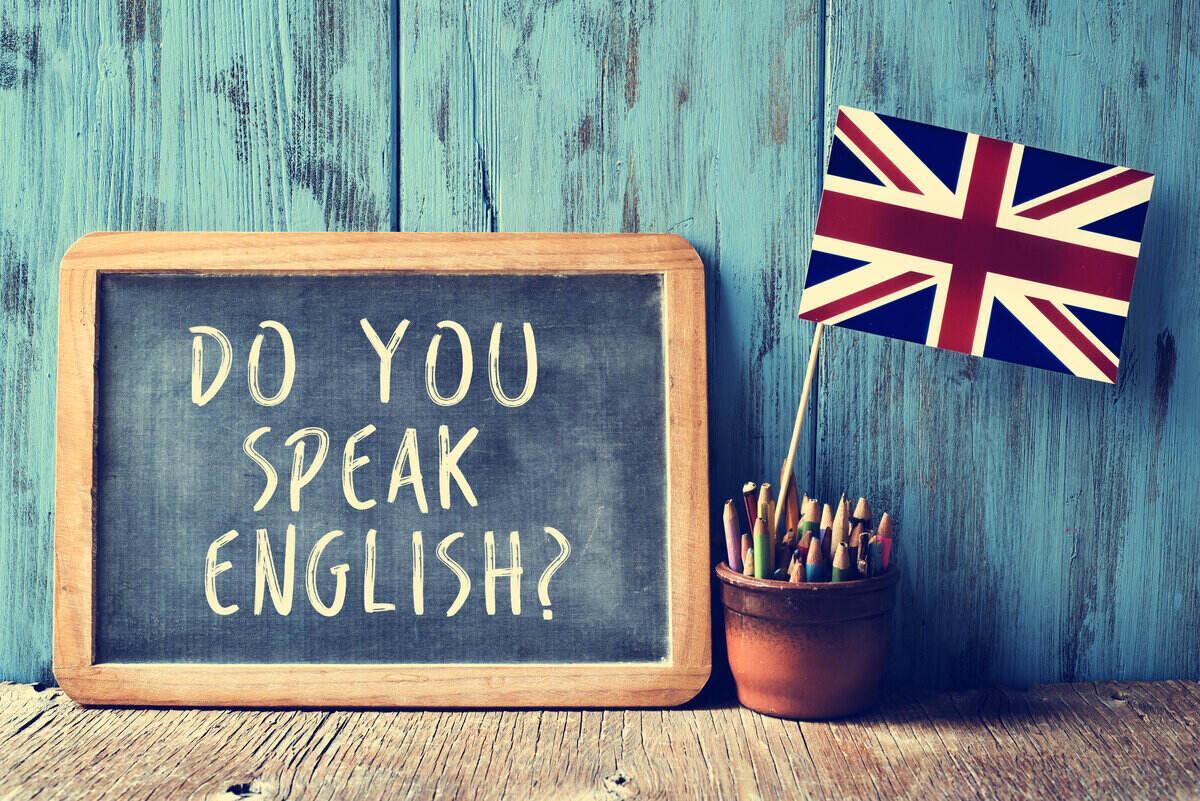English proficiency ranking: Hungary among top 20, Romania and Bulgaria perform better

According to the latest English Proficiency Index ranking, Hungary is among the 20 best countries regarding English proficiency as a second language. However, Hungary was outperformed by many nations in the region, notably Austria, Croatia, Poland, Romania and Bulgaria.
English Proficiency Index
Pénzcentrum writes that a recent publication has revealed a surprising ranking of global English language skills, placing Hungary among the top 20 countries for English proficiency as a second language. In this analysis by the EF English Proficiency Index, Hungary was outperformed by several nations, including Austria, Croatia, Poland, Romania, and Bulgaria. However, the country managed to get a higher ranking than Slovakia, Estonia, and Serbia.
The survey involved 2.2 million participants from 113 countries, notably excluding those with native English speakers such as the UK, US, Canada, Australia, and New Zealand. The rankings were determined by results from the EF Standard English Test (EF SET), with the Netherlands claiming the top spot, followed by Singapore and Austria. Denmark and Norway closely followed, being just one or two points behind.

A surprising trend
Since 2015, the trend in English proficiency across various age groups has remained relatively stable, with the notable exception of 18-20-year-olds, whose average score has decreased from 537 to 448 points. Interestingly, from 2014 to 2020, women demonstrated stronger English language skills. However, recent data shows men have taken the lead. In 2023, men achieved an average score of 502 in English proficiency, while women an average of 484. Therefore, this highlights a slight shift in the dynamics of language skills between the sexes.
Hungary in the High Proficiency category
English proficiency across the globe has been classified into five categories: Very High, High, Moderate, Low, and Very Low, based on test results. To qualify as a Very High proficiency country, an average score of over 600 is required, with the Netherlands leading at an impressive 647, followed by Singapore with 631 and Austria at 616. Twelve countries, including Hungary’s neighbour, Croatia, achieved this top tier, reflecting their exceptional English language skills.
Hungary, with an average score of 588, is placed in the High proficiency category, ranking 17th out of 113 countries. This places Hungary among the top 18 nations in this group, while other European countries like Spain, Italy, and France fall into the Medium category. In contrast, the lowest performers included the Democratic Republic of Congo, Tajikistan, Yemen, and Libya, all of which scored below 400 points. Notably, Europe has seen an increase in average English proficiency by 50 points since 2011, indicating a positive trend in language skills across the continent.
Read also:
- Hungarian students win silver medals at linguistics International Student Olympiad
- VIDEO: British girl has a breakdown over Hungarian language
Featured image: depositphotos.com


A remarkable position for Austria. I remember a few decades ago when it was very hard to get by speaking in English outside of the big cities. Hungary deserves credit too with next to no knowledge of English in 1990, even in Budapest.
I am often frustrated by very poor English or a total lack of it from some of the key customer-facing employees of various companies, including gas and electric (looking at you, M.V.M.!) but also, amazingly, Telekom, Digi, and others.
Yet, as Steve remarks, there was almost no English in any form present even in Budapest a quarter century ago. It is actually incredible how much things have changed in relative short time, despite my remarks above. Just the other day, the bug guy who was fumigating my building spoke perfect English!
English proficiency is up – which is great. However, proficiency in German is almost … Non-existent. Which is unfortunate, given the number of German companies active in Hungary. And when the door closes in the board room … Guess what language Germans speak? Fun fact: my Russian friends are very upset the proficiency in their language has dropped off so sharply! When dealing with authorities, police, etc. – they will start in Russian – to no avail! Work in progress for our Politicians?.
@michaelsteiner – happy you are seeing the progress! the most infuriating / stupid thing is … A lot of Hungarians speak a lot better English than they are given credit for. It is the /// “shy” act, etc. combined with lack of practice. You will find if you ask a customer facing person not to hang up / give up, and bear with you, quite often you will be pleasantly surprised!